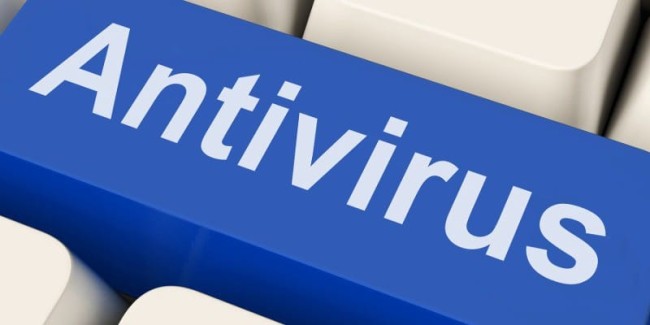These days, you hear all kinds of scary stories about hackers. You hear about them using ransomware to take over devices or social engineering to steal your phone number so they can get through your two-factor authentication.
You may have even heard stories about hackers spying on families through their own security cameras.
Are your devices vulnerable? Yes, they are, especially if you haven’t taken steps to protect yourself. You need to understand the threat you’re under, and do what it takes to protect yourself.
Use a reliable antivirus software program. Use secure passwords and change them regularly. Be on guard against email phishing scams. Keep your apps, browsers, and operating systems up to date, and secure your home network against hackers.
Know the Threat You’re Facing
Today’s hackers and cyber criminals are getting more and more sophisticated, and the more you know about the threat you’re facing, the more prepared you’ll be to face it.
Financial crimes are common, as hackers use credit card skimmers to steal credit card info, or data sniffing to steal bank account info when you check your balance on a public network.
It’s also becoming more and more common for hackers to use ransomware to extort money from victims. Ransomware holds your system, and all your data, hostage until you pay the hacker to neutralize the software.
Social engineering attacks, in which hackers may impersonate you to gain access to your financial accounts or SIM card, are also becoming more common.
Use Secure Passwords
Using strong passwords remains one of the most important things you can do to protect yourself from hacking. Create a unique, strong password for each of your online accounts.
A strong password should be long – the more characters the better – with a mix of upper and lowercase letters and special characters. You can use a password manager to both generate strong, unique passwords for every account, and to store your passwords securely without writing them down.
Protect Yourself with an Antivirus Program

Can an antivirus program protect you from hackers? Sure, it can offer a layer of protection, especially if you buy premium security software.
A premium antivirus security suite can protect you from phishing emails, which remain one of the most common internet scams out there, by filtering suspicious emails so they don’t even reach your inbox.
That’s important, because phishing emails are getting more sophisticated, and all it takes is one momentary lapse in judgment to become a victim. Antivirus programs can also protect against ransomware, so you’re less likely to become a victim that way, too.
Educate Yourself About Phishing Scams
No antivirus program or spam filter will stop 100 percent of phishing emails, so it’s important to learn to recognize phishing emails so you won’t fall victim to them. There are several rules of thumb to recognizing a phishing email.
For example, the sender’s email address comes from a public domain or a domain that doesn’t match up with the content of the email (e.g., you get an email purporting to be from Amazon, but the sender has a Gmail address).
The domain name might be misspelled or there might be grammar and spelling mistakes in the email itself.
Usually, a phishing email seeks to prey on your emotions to create a feeling of urgency that drives you to click a link and enter your account information into a mirror site, or download an attachment that contains malware.
Keep Browsers, Apps, and Operating Systems Up to Date
We get it – constantly getting prompted to update your operating system, browser, or app is annoying. But there’s a good reason why manufacturers push out these updates, and it’s not a conspiracy theory to slow down your device.
Updates patch security flaws in your software, so you’re less vulnerable to malware, hackers, and viruses. Since hackers are always trying new strategies and writing new malicious codes, you need to keep your apps, browsers, and operating systems up to date to stay ahead of them.
Secure Your Home Network
Your home network may be more vulnerable to hackers than you realize, especially if you’re using a router you rent from your internet service provider (ISP).
You should buy your own router – it’s more secure and cheaper in the long run. And you should learn how to sign into your router’s admin dashboard, set a secure password for your admin login, and make sure your network is using the latest Wi-Fi Protected Access (WPA) protocol – either WPA2 or WPA3.
Hackers today pose a bigger threat to the average person than ever. You need to make sure your devices are safe, or you could fall victim to the kind of financial crime that’s hard to recover from.
